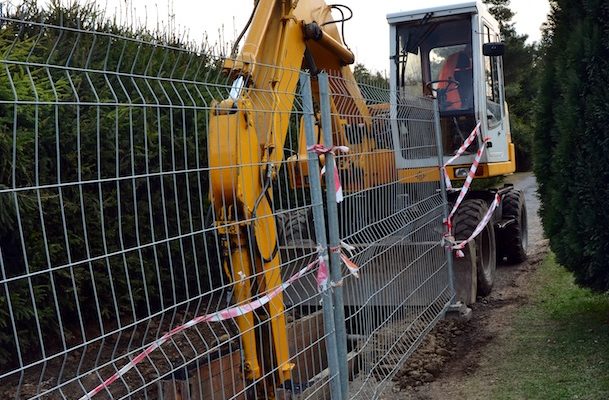NABTU Statement on Administration’s Efforts to Expand Apprenticeship Training
Published: Monday, 21 May 2018 15:32
May 10, 2018
WASHINGTON, DC – North America’s Building Trades Unions (NABTU) today issued the following statement in response to the Administration’s efforts to expand apprenticeship into new industries:
“NABTU supports the Administration’s efforts to expand apprenticeship into industries that currently lack this important form of workforce training. As an industry with over 100 years of experience in establishing a world-class apprenticeship and training infrastructure, we know first-hand that high quality, registered apprenticeship programs provide reliable pathways to middle class careers and long-term economic security. The hundreds of thousands of hardworking American men and women in the building and construction industry can attest to this.
“NABTU appreciates and welcomes the continued opportunity to impart our experience and expertise on successful apprenticeship models. We will remain fully engaged in the establishment of “Industry Regulated Apprenticeship Programs” to ensure rigor and quality while mitigating any potential negative impacts to the apprenticeship brand – especially to NABTU and our contractor partners’ $1 billion collectively bargained investment in construction apprenticeship training.
“In 2017, the U.S. Department of Labor reported that there were 190,000 new apprentices nationwide – across all sectors of the economy. Of that total, NABTU is proud that one-third of these new apprentices began their training in our joint labor-management training programs in the construction industry – a longstanding partnership between our unions and our contractor partners.”
ABOUT NORTH AMERICA’S BUILDING TRADES UNIONS
North America’s Building Trades Unions is an alliance of 14 national and international unions in the building and construction industry that collectively represent over 3 million skilled craft professionals in the United States and Canada. Each year, our unions and our signatory contractor partners invest over $1 billion in private sector money to fund and operate over 1,900 apprenticeship training and education facilities across North America that produce the safest, most highly trained, and productive skilled craft workers found anywhere in the world.










